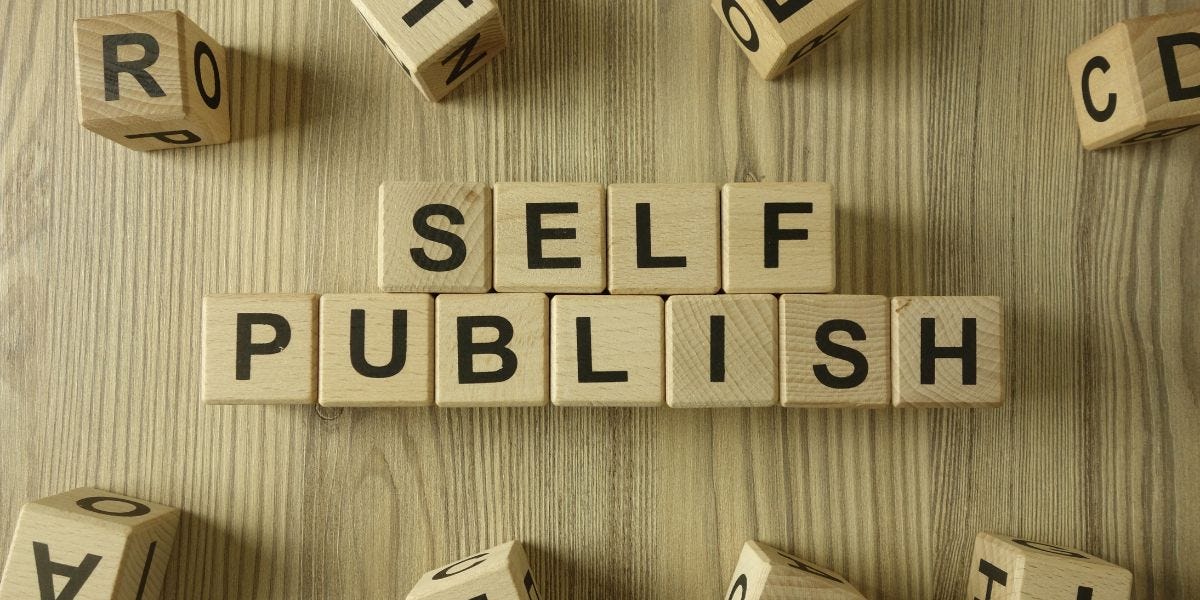I’m 14. I love research. I spend most of my time buried in questions that people older than me often dismiss as too abstract, too naïve, or too idealistic to bother with. But I care. Whether it’s about designing better human-centered experiences, understanding how history repeats itself and how societies negotiate conflict, digging into the depths of the human mind, or exploring big philosophical questions — I care because these things shape the world I’m going to grow up in.
And yet, after months of reading, designing, writing, sketching, and cross-referencing — when it came time to share what I’d learned — I hit a wall.
Peer review. The sacred gatekeeper of “serious” knowledge.
Let’s be real: it’s broken.
I say that with all the respect in the world for people who work inside the system, but as a young researcher trying to engage with it, it feels like trying to get into a members-only club where the bouncers don’t even look you in the eye. The process is painfully slow, weirdly secretive, and designed for a world that moved at the pace of typewriters — while the real one scrolls at the speed of fiber optics.
This isn’t about cutting corners. I’m not afraid of critique. I’m asking for it. But I’m also asking: why should I wait 6 to 12 months to be told whether I’m “allowed” to share ideas I already stand behind? How does that help a conversation about mental health, ethical design, or peaceful dialogue move forward?
Knowledge should be a conversation, not a courtroom. So instead of waiting for anonymous gatekeepers to nod, I decided to self-publish my paper on Zenodo — a platform supported by CERN and the European Commission. It’s open access, public, permanent, and citable. Anyone can read it, challenge it, cite it, or ignore it — but no one can bury it.
Some might say, “That’s not real research. Where’s the peer review?”
To that, I say: peer review isn’t a moral compass. It’s a protocol — and a flawed one at that. If we treated open critique, transparency, and reproducibility as sacred as “Reviewer #2,” maybe we’d have more artists, philosophers, and designers at the table — not just whoever can afford to wait and beg for permission slips.
Then some say, "Isn't peer review supposed to stop wrong information from surfacing?"
You can pull up tons of peer-reviewed papers that turned out to be irreproducible, manipulated, or just plain wrong - think of the replication crisis in psychology or medicine. So the gatekeeping doesn’t always gatekeep the way it promises. Meanwhile, that same gate can block perfectly good, interesting ideas just because they don’t fit the current mold, or because the author is too young, too unknown, or too outside the network.
This isn’t a rebellion. It’s a recalibration.
I stand with people like Aaron Swartz, whose Open Access Manifesto still echoes through the digital age:
“Information is power. But like all power, there are those who want to keep it for themselves... We need to take information, wherever it is stored, make our copies and share them with the world.”
He wasn’t asking for chaos. He was asking for fairness. For openness. For a world where a 14-year-old from Bangalore can put their ideas on the table without faking an institutional email ID.
I’m not rejecting the intellectual community. I’m inviting it to do better. To be faster. To be braver. Because if we keep acting like 20th-century publishing models are the only valid way to contribute, we’re not just discouraging young minds — we’re wasting precious time.
So yes, I self-published. Not because I think I’m above the system, but because I’m tired of pretending it works fine when it so obviously doesn’t.
Let’s build something better. Let’s make knowledge public by default. Let’s stop acting like the truth needs a badge to be real.
If my ideas are naïve or flawed, they’ll collapse under real scrutiny. That’s the point. But at least now, they can be seen.
— Tuhin Sarkar
Student. Open-access realist.



1 Comments
Aaron Swartz should come back alive to see this 🔥🔥
ReplyDelete